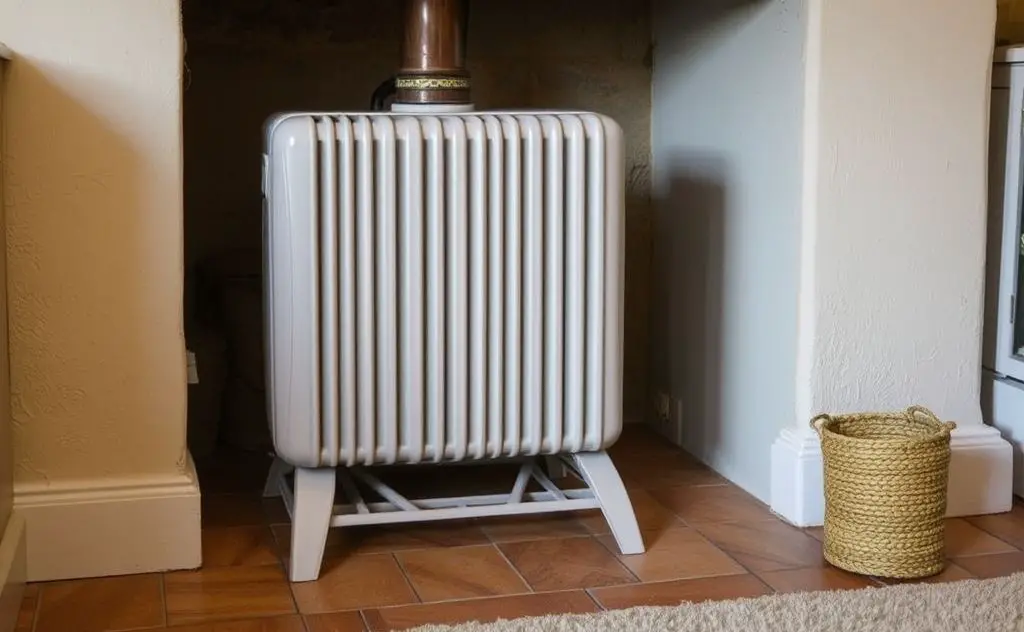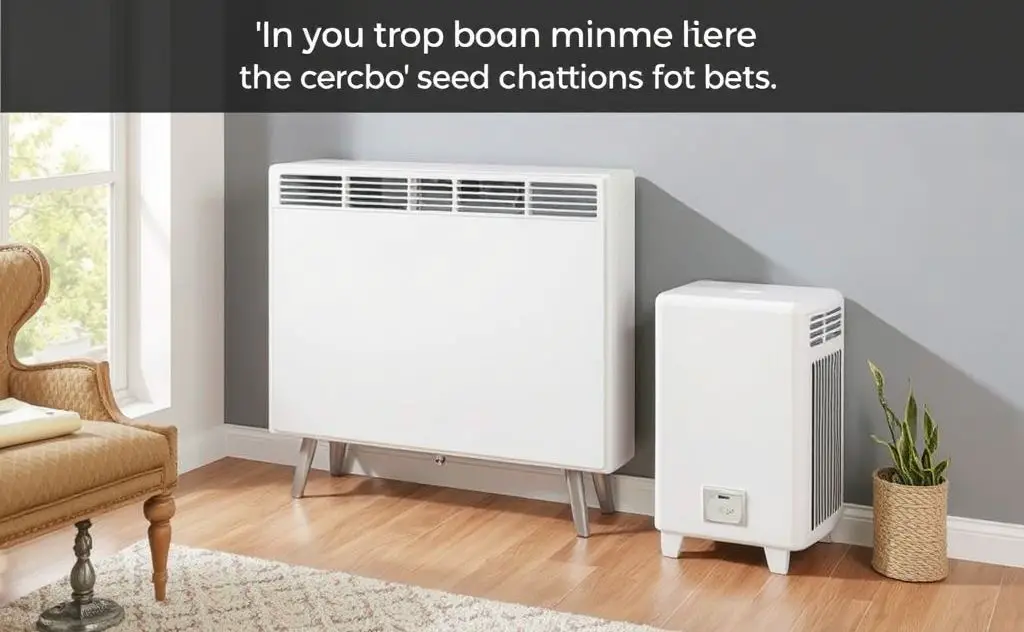Vented gas heaters for homes provide efficient heating by safely expelling combustion gases outside, ensuring improved indoor air quality and comfort.
Vented gas heaters provide reliable warmth while safely expelling combustion gases outside your home. These systems offer higher efficiency than unvented models and come in various configurations for different spaces. From compact wall units to powerful furnaces, vented gas heaters deliver consistent heat without compromising indoor air quality.

Types of Vented Gas Heaters
Understanding the different venting systems helps you choose the right heater for your home’s layout and heating needs.
Direct Vent Heaters
Direct vent models pull combustion air from outside and exhaust gases directly through a wall. These units don’t require a chimney and offer installation flexibility. The best built-in gas heater options often use direct vent technology for safety and efficiency.
B-Vent Heaters
B-vent systems use natural draft to vent vertically through a roof. They draw indoor air for combustion and require proper chimney installation. These work well in homes with existing chimneys.
Power Vent Heaters
Power vent models use fans to push exhaust gases through vent pipes. This allows more installation options since vents can run horizontally or vertically. They’re ideal when traditional venting isn’t possible.

Top Vented Gas Heater Models
| Model | BTU | Type | AFUE Rating |
|---|---|---|---|
| Monterey Top-Vent Wall Heater | 50,000 | Natural Gas | 70% |
| EnergySaver Vented Propane | 36,500 | Propane | 80% |
| Empire DV215SG | 21,500 | Direct Vent | 75% |
| Rinnai EX38DT | 38,400 | Direct Vent | 83% |
Key Benefits of Vented Gas Heaters
Improved Safety
Vented models completely remove combustion byproducts from your living space. This eliminates concerns about carbon monoxide buildup or oxygen depletion.
Higher Efficiency
Modern vented heaters achieve AFUE ratings up to 83%. The best indoor propane space heaters with venting systems maintain efficiency while providing safe operation.
Zone Heating Capability
These heaters allow you to warm frequently used rooms while keeping others cooler. This targeted approach can reduce overall energy costs.
Installation Considerations
Proper installation ensures safe operation and optimal performance:
- Follow all clearance requirements from combustible materials
- Ensure proper vent sizing and routing
- Consider professional installation for complex setups
- Check local building codes for specific requirements
According to Rinnai’s technical specifications, their direct vent furnaces feature stainless steel heat exchangers and automatic shutdown systems for added safety.
Maintenance Tips
Regular maintenance keeps your vented gas heater running efficiently:
- Inspect vent pipes annually for blockages
- Clean burner assemblies before each heating season
- Check gas connections for leaks
- Test safety controls and thermostats
- Schedule professional servicing every 2-3 years
The Empire Heating Systems line demonstrates how vented heaters can provide reliable heat even during power outages when properly maintained.
Choosing the Right Size
Selecting proper BTU output ensures comfort and efficiency:
- Small rooms (150-250 sq ft): 5,000-10,000 BTU
- Medium rooms (250-400 sq ft): 10,000-20,000 BTU
- Large rooms (400-700 sq ft): 20,000-30,000 BTU
- Great rooms (700+ sq ft): 30,000+ BTU
Consider factors like insulation quality, ceiling height, and window area when sizing your heater. The best water heater thermostat control systems show how precise temperature management improves efficiency in any heating application.
